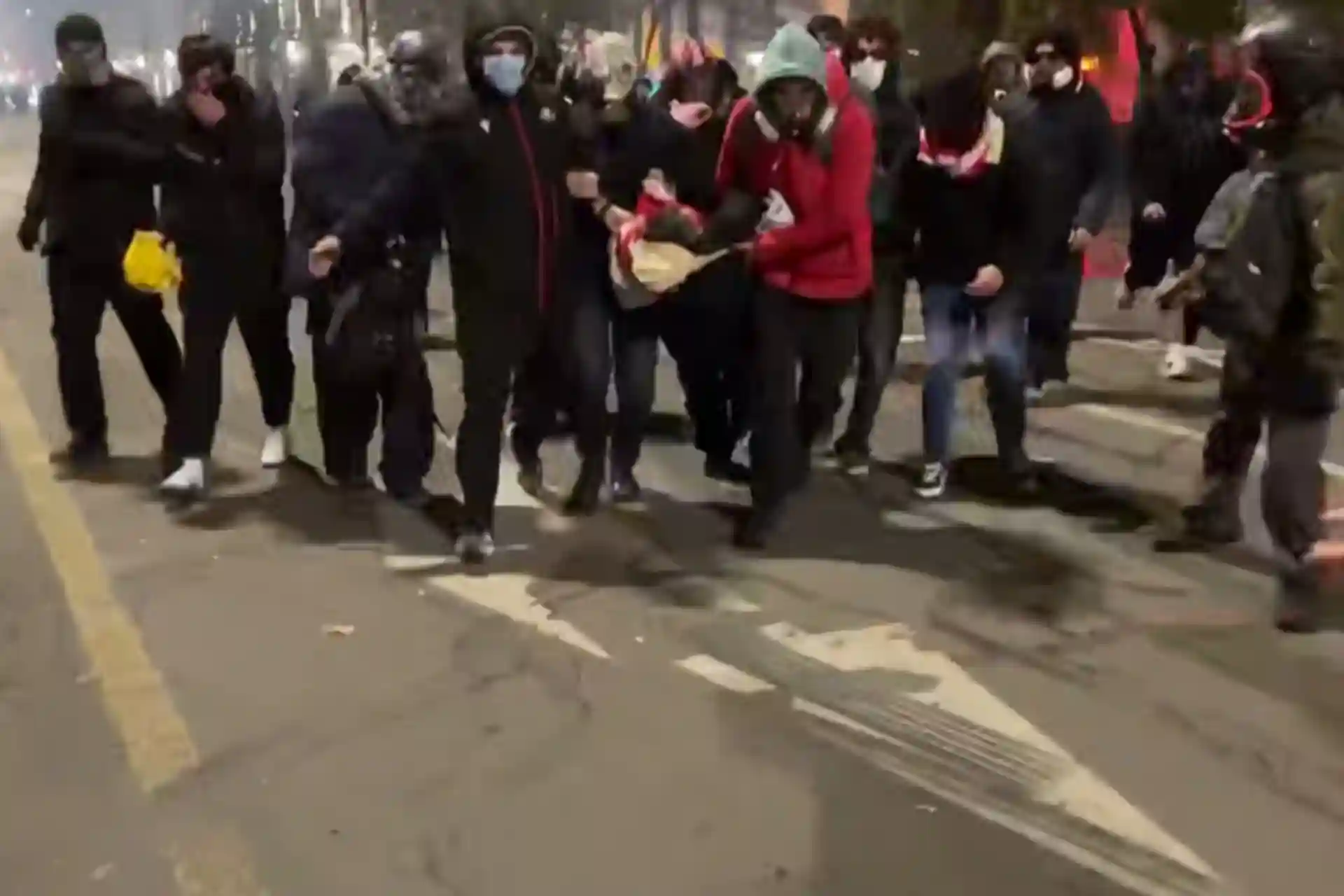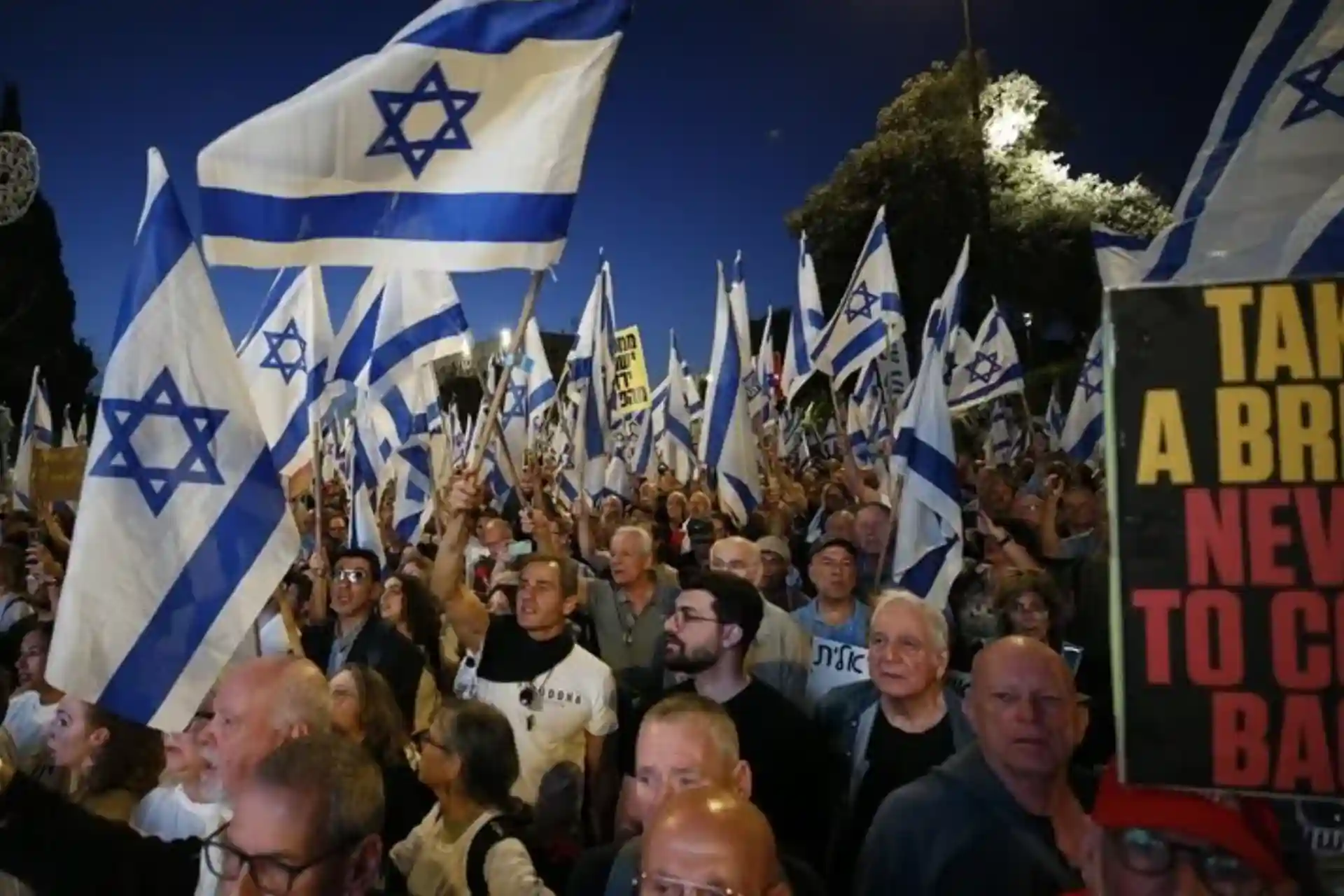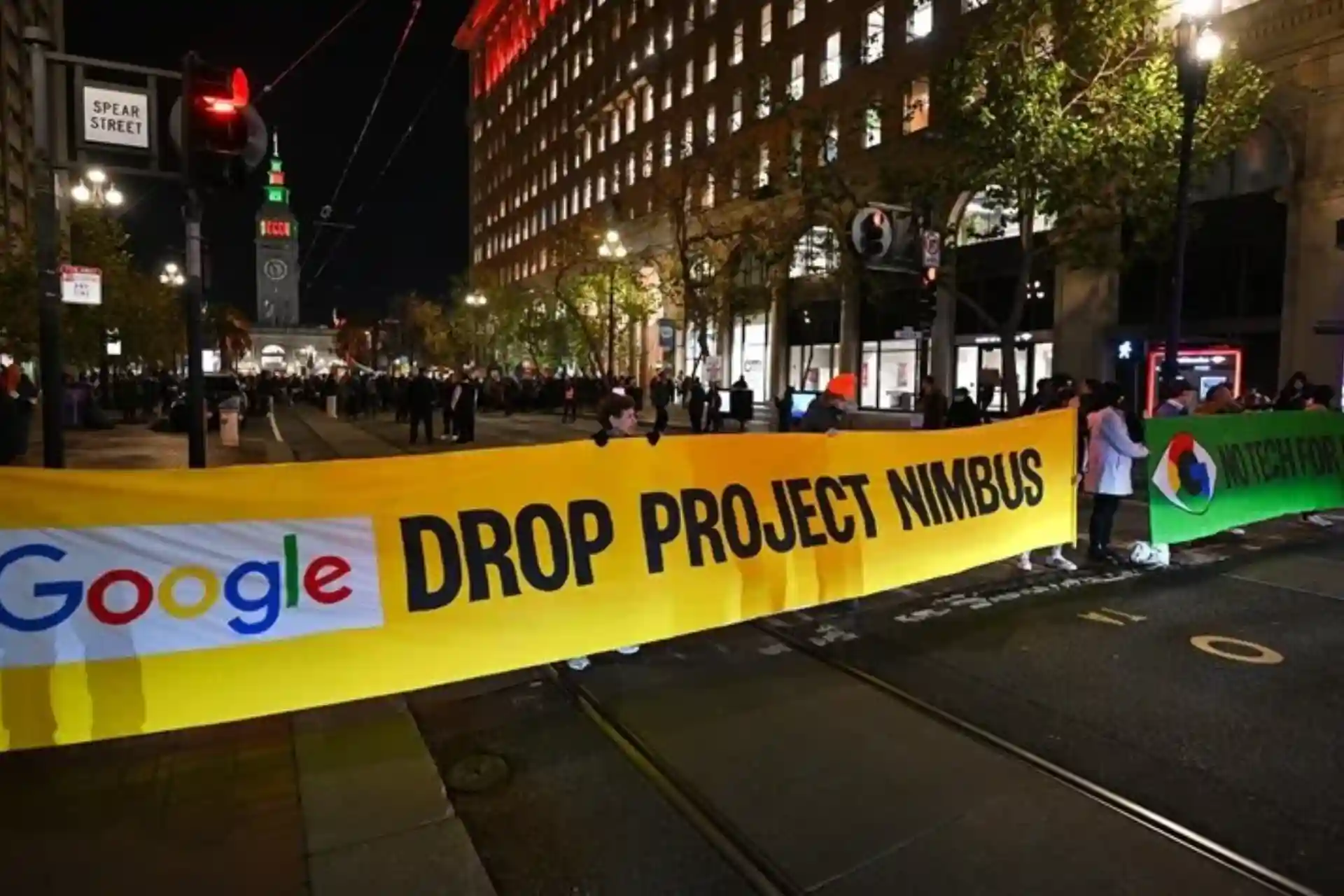03.12.2024 12:21
1545
Demonstrations in Georgia against leaving Europe continue for the fifth day
Protests intensified in late November after Georgia's pro-Russian Prime Minister Irakli Kobakhidze announced that the country's European integration talks with the EU would be postponed until 2028.
In Tbilisi, police used water cannons and tear gas against citizens protesting against the suspension of Georgia's European integration. Security forces began arresting protesters on Rustaveli Avenue near the parliament building.
According to Paper Kartuli, special forces began to disperse the rally on the evening of December 2; security forces are pulling people from the crowd. The main part of the protesters approached the Republic square. In response to the actions of the police and special forces, the protesters threw fireworks at the security forces.
According to Newsgeorgia, several people were injured during the clash with special forces. Security forces also blocked the parallel streets leading to the parliament.
Georgia's Ministry of Internal Affairs reported that police arrested a total of 224 people in the first three days of the protests. They are accused of petty hooliganism and resisting the police.
Also, 113 employees of the Ministry of Internal Affairs were injured during the actions, 4 of them are being treated in medical institutions.
"Despite the call of the Ministry of Internal Affairs, the ongoing action on Rustaveli Avenue has gone beyond the scope of a peaceful assembly, so the Ministry of Internal Affairs is applying special measures provided for by law against the participants of violent actions in the group in order to clear the vicinity of the parliament," the department's press service said.
Salome Zurabishvili, who previously declared Georgia's parliament illegal and refused to resign as president, called on schools to join anti-government protests. "After universities, it's schools' turn to show solidarity with protests across Georgia," he wrote on his X social network page.
Mass protests in Georgia actually began in late October after the ruling Georgian Dream party won parliamentary elections. Suspicions that fraud was allowed in the counting of votes caused protest in a part of the population. In late November, protests intensified after Prime Minister Irakli Kobakhidze announced that negotiations with the European Union on the country's European integration would be postponed until 2028. The wave of rallies covered Tbilisi, Batumi, Kutaisi and other cities. During the demonstrations, there were clashes with the police, who used strict measures.
Following the protests, five of Georgia's ambassadors abroad resigned. More than 135 diplomats have signed a statement condemning the authorities' decision to delay negotiations on European integration. Criticisms came from the employees of the National Bank, the Ministry of Education, Tbilisi City Hall and the Constitutional Court. Some universities in the country went on strike and suspended classes in protest against the rejection of European integration.
Lithuania, Latvia and Estonia announced sanctions against Georgian officials, including billionaire and former prime minister Bidzina Ivanishvili. Estonia's Foreign Ministry said the restrictions were aimed at "the leadership of the self-proclaimed Georgian government" and should set an example for the EU and the US.
Georgia received the EU candidate status in December 2023. The need for Georgia's full integration into the European Union is also mentioned in the country's constitution.



